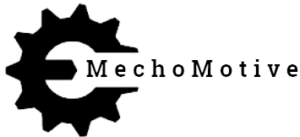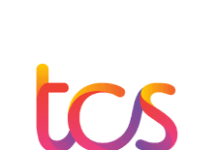A PHP Framework is a basic platform that allows us to develop web applications. A proficient PHP Framework enables developers to develop PHP application faster, efficiently and assist in building stable applications, thereby reducing the amount of repetitive coding for PHP programmers.
A Framework is a structure that developers choose to build their application. It determines the structure of the application and facilitates it to connect with many different API‘s.

Frameworks provide scaffolding features that facilitates the development team to build faster and cleaner application. They often provide toolsets for both the UI components and the database access.
By using a PHP Framework, programmer will end up saving loads of time, stopping the need to produce repetitive code, and able to build applications rapidly. PHP operates on the Model View Controller (MVC) fundamentals. MVC is an architectural pattern features in various popular programming languages which breaks apart the domain logic from user interface.
The domain logic is the function that handles information exchange between database and user interface. Therefore programmers are able to modify the domain logic and most importantly for designers, the user interface separately. This removes a lot of confusion and simplifies the entire developmental process.
When we refer to MVC we generally perceive it as this : The M (Model) stands for the raw data, the V (View/User interface) represents what’s actually being viewed, and C (Controller) is in fact the domain logic. Once one is able to make sense of how MVC works, then PHP frameworks become much more clearer and easier to use.
Aspects of a proficient PHP Framework :

(1) Database Support –
- It is one of the most crucial aspects of every PHP development framework. We need to decide the framework depending on the database we are going to use for web applications.
- For Example : ‘CodeIgniter’ supports MySQL, Oracle, and SQLite, whereas the’ Kohana’ framework doesn’t.
(2) Community and Documentation –
- The framework should be support by a strong community, not just in terms of size but also in terms of activity and usefulness. Even if it’s a small community, user should be able to get ample support from the community.
- A PHP framework should also have good documentation. It should be comprehensive and up-to-date. The user guide should be relatively easy to follow.
(3) Model View Controller Architecture –
- A framework should also use the Model View Controller Architecture. Most of the good frameworks also offers libraries, plug-ins, helpers and extensions. It’s good to find a framework that has at least two of these options.
Various PHP Frameworks :

(1) Kohana – Being a PHP 5 Framework, Kohana offers flexibility and community support, an easy learning curve, is nicely structure and comes with multiple session drivers.
(2) CodeIgniter – CodeIgniter is another PHP framework that brings versatility to the table and has a very small footprint. It is develop primarily for PHP coders with all sorts of experience who need a more simple solution to building web applications.
(3) Akelos – Akelos is very similar to Ruby on Rails (RoR) framework only for PHP. It make building web applications less complex and benefits a more simpler web server.
(4) CakePHP – CakePHP is a rapid development framework for PHP. It provides an extensible architecture for developing, maintaining, and deploying applications.




